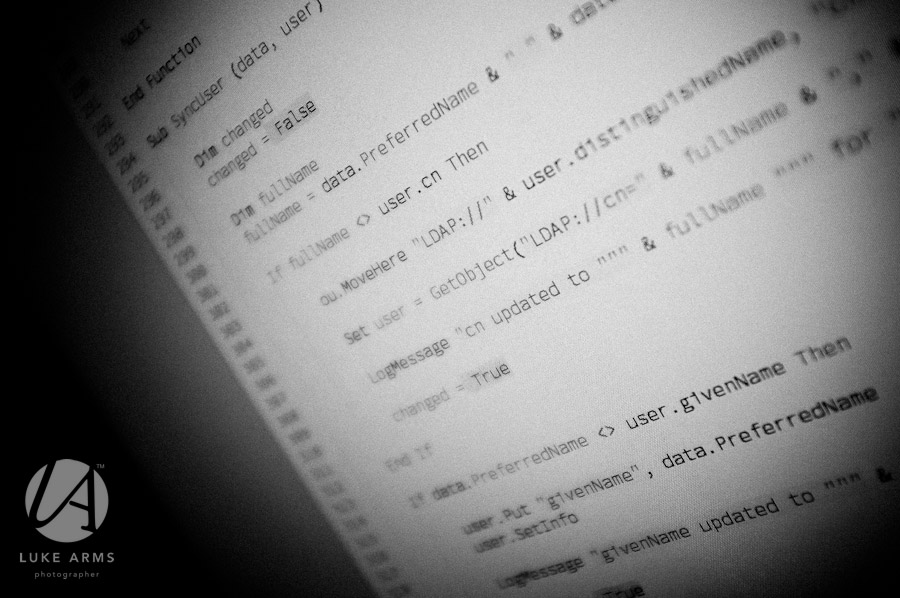Full disclosure: I work at a private school. My opinion hasn’t changed much since taking the job, though.
Government funding for schools is a Big Topic (just ask Gonski), but here’s a summary of what I think about private vs. public school funding.
At first, it seems simple. Private schools receive income from fees, alumni donations, side businesses, investment returns and more, so it must be a waste of Taxpayers’ Money1 for them to be given the the same level of government funding as public schools. And if they get MORE money than public schools, well, that’s just outrageous! Right?
If only it were actually so simple.
For starters, it’s difficult to establish a fair comparison between different schools. It’s certainly not as simple as “school A gets $X of government funding per student, vs. $Y per student in school B.” One must allow for variations in demography, facilities, projected growth, private funding levels and more. It’s irresponsible to ignore the complexities of these factors (not that some journalists seem to care).
But if it’s true that private schools get more from the government than their public counterparts (and it probably is), I’m not convinced that taxpayers should fret. Here’s my rationale:
Schools populated by parents willing to make a significant financial contribution to the education of their children should be actively encouraged by the government.
In other words, if the endgame is quality education, then schools full of kids who WANT quality education should not be left behind funding-wise. They should be fully equipped to make potent investments in the future of Australia: the minds of its brightest children.
That said, quality education isn’t the only endgame. We must also offer a viable, competitive education to ALL Australian children, whether or not their parents can afford to send them to a private school, whether or not they’re bright enough to get a scholarship to one, and whether or not their parents even believe in the value of education.
Should this be achieved at the expense of schools that value-add enough to be able to supplement government funds with school fees and other private sector income? You know my answer.
And I haven’t even started on the student welfare benefits of (many) private schools. These can dramatically increase the value of education for some students, but that’s for another day.
1 I hate this phrase. It’s only ever used manipulatively, or at the expense of the Big Picture. I was demonstrating manipulation here!






